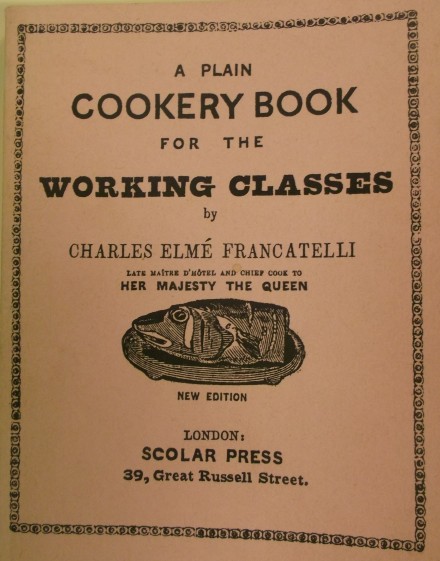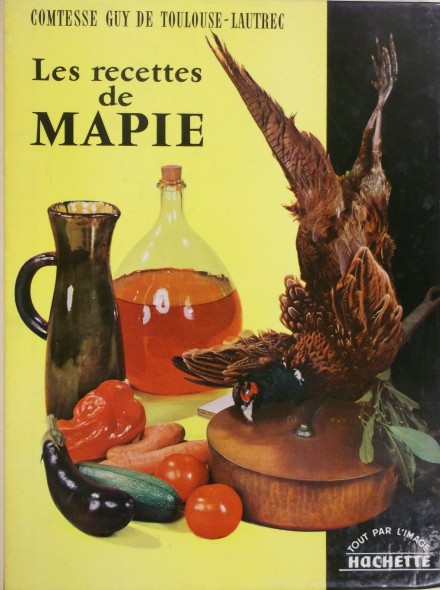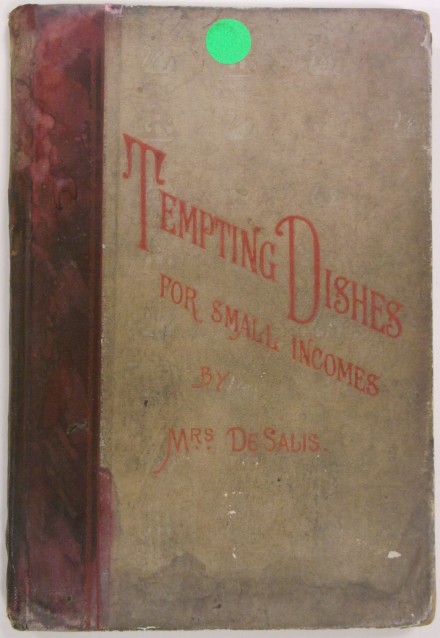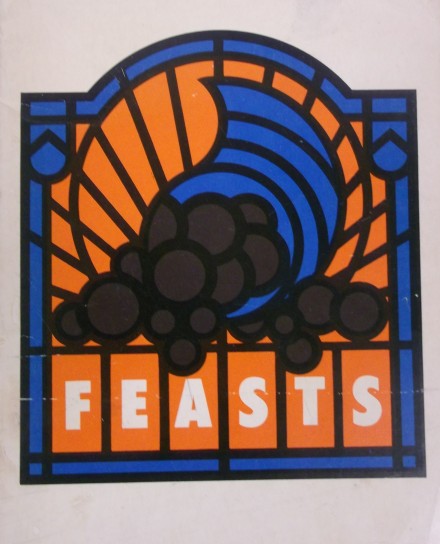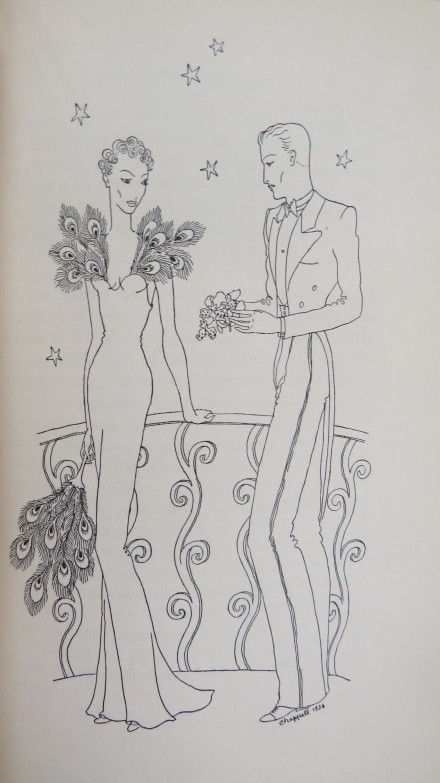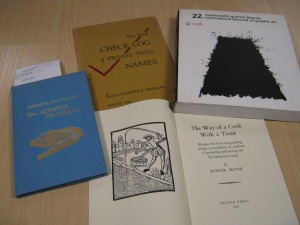Montalbano and the Borrowers
You may have noticed that a new feature has recently appeared on our sidebar – ‘We’ve been borrowing …’. What’s it all about? G.M. explains all …
‘We’ve been borrowing …’ appears as a series of regular updates on the BSS page of our catalogue and it does pretty much what it says on the tin! It features anything on our catalogue that members of the BSS staff have been borrowing from our libraries (or at least will admit to borrowing from our libraries!) and would like to draw to the attention of both colleagues and visitors to the page.
It was initially introduced as a way of promoting the diversity of our stock to library users as well as personalising the catalogue a little and reminding everyone that there are actually real live people working here behind the scenes! Since our work can sometimes be quite solitary, it was also an opportunity for us to share our interests, inspire each other and prompt some lively discussion between us.
The list is updated at the beginning of each month. There’s no pressure on anyone to make suggestions – everyone is free to contribute on a regular basis or just occasionally, whatever suits them best. There’s no guarantee that all suggestions will make it up onto the live page either. It depends on things like space, formatting, visuals and other technical stuff. But our aim is to include ideas from everyone in BSS at some point so that we accurately reflect the borrowing habits of the section as a whole.
Anything and everything can be included. Any subject in any format … fiction, non-fiction, comedies, dramas, tragedies, reference items, children’s books, graphic novels, language courses, light reads, weighty tomes, hardbacks, paperbacks, DVDs, Blurays, CDs, spoken word and scores … Anything we’ve been reading, watching or listening to … as long as it’s in the libraries and on the catalogue then it qualifies!
So far the contributions have focussed mainly on books, along with the occasional DVD or CD. But the subject matter and the genres have been quite eclectic and have included music theory, economics, comedy, animated films, Ethiopian jazz, recipe books, travel guides, historical and classic novels.
Now and then a theme emerges … this month’s suggestions were made in the run up to a hot and sunny weekend and the list features gardens, barbeques and cricket. We in BSS obviously know how to relax, switch off and recover from our exhausting working weeks! Sometimes suggestions can be seasonal … I think several of us were in spring cleaning mode when we became intrigued by the suggestion ‘Vinegar: 100s of household uses’ (Seriously! You’d be amazed!)

One of the first recommendations ‘Alone in Berlin’ by Hans Fallada has now been borrowed by several members of staff and has been much discussed and unanimously admired. Sometimes there are strange coincidences … one staff member had just recommended ‘The Tin Drum’ by Gunter Grass and by the end of the morning the Bluray / DVD version had landed on her desk for cataloguing.
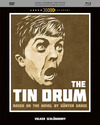
Some of us were slightly nervous about including the suggestion ‘Robin Ince’s Bad Book Club: one man’s quest to uncover the books that taste forgot’ … wondering how many of these so-called awful books we might have read and ahem … maybe even enjoyed! Or which ones may be lurking in our (otherwise quite tasteful) libraries!

A recent TV series inspired a mammoth Montalbano readathon between two of our resident book-junkies. They tore through all of the Commissario’s titles that we held in stock and then had Barbican staff rooting through the stacks to find ‘The Day of the Owl and Equal Danger’ by Leonardo Sciascia, the ground-breaking ‘Godfather’ of Italian crime fiction.

Interestingly, these particular titles provoked a discussion about what we should actually call this staff picks feature. (Not that cataloguers are pedantic or anything … just scrupulously accurate!) Originally it had the heading ‘We really liked …’ but we later changed it to ‘We’ve been borrowing …’ – a subtle but significant alteration which (as well as conjuring up images of my colleagues as Poms and Ariettys scampering about the libraries scaling bookcases and winching books down to the ground with washing lines) meant that we were now free to include ANYTHING we’d been borrowing even if we hadn’t necessarily ‘Really liked’ it (sorry Montalbano).
Perhaps we’d just found something mildly entertaining, distracting, slightly useful or unsettling, disappointing, derivative or surprising in some way. Maybe we’d been experimenting and trying something new and very different that didn’t quite meet expectations. They all became valid reasons for inclusion in the list. The new heading also reinforced the fact that all the items featured can be found on the catalogue and borrowed from our libraries.
So! That’s a very loonnnnnnnnnnng explanation for how a very short feature ended up making an appearance on our blog! Check out this month’s list and feel free to comment on our choices … or explore our extensive, user-friendly catalogue and be inspired by the range of reading, listening, watching material available … but please excuse me now … must fly … I’m off to borrow books!

